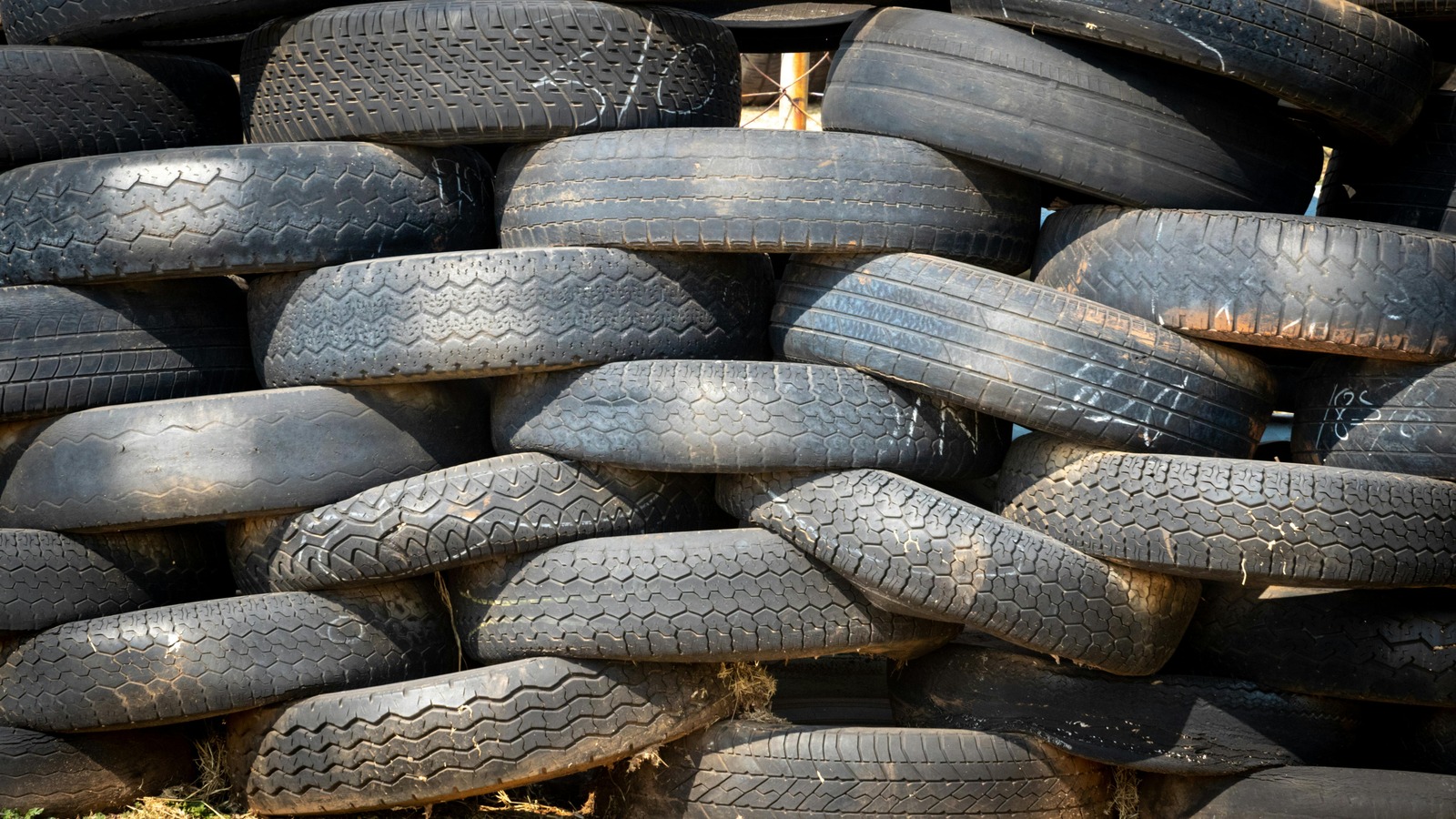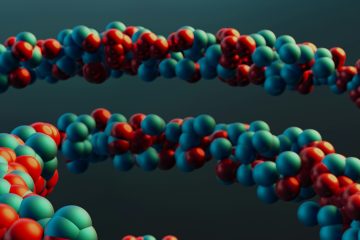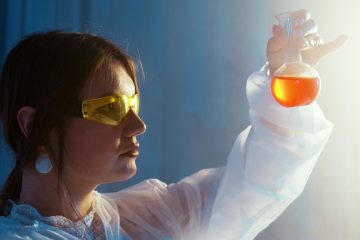Silica, a naturally occurring mineral derived primarily from quartz, has become a cornerstone in modern rubber manufacturing especially in Malaysia. Its unique properties enhance rubber products’ performance, durability, and efficiency across a wide range of industries, including automotive, construction, and footwear.

One of the primary roles of silica in rubber manufacturing is its ability to reinforce the material. When added to rubber compounds, it significantly improves tensile strength and resistance to abrasion. This makes rubber products more durable, extending their lifespan even under harsh conditions. For instance, automotive tires incorporating silica are better equipped to endure high stresses, frequent impacts, and prolonged usage, providing safety and reliability for consumers.
Improving Flexibility and Elasticity
Silica also enhances the flexibility and elasticity of rubber products. Unlike traditional carbon black fillers, it creates a finer microstructure within the rubber compound. This results in a softer yet more elastic material, which is crucial for applications like high-performance tires, where flexibility impacts traction and handling.

Boosting Energy Efficiency
A breakthrough in the use of silica came with its application in “green tires” for the automotive industry. Silica-filled tires reduce rolling resistance, which directly translates to lower fuel consumption and reduced carbon emissions. This innovation aligns with the global push for sustainability, making silica a key player in environmentally friendly rubber solutions.
Enabling Specialized Applications
Silica’s versatility allows it to meet the demands of various specialized applications. For example, in footwear manufacturing, silica-enhanced rubber offers superior grip and durability, catering to athletic and outdoor wear. In the construction industry, rubber seals and gaskets with silica additives exhibit enhanced resistance to weathering and aging, ensuring long-lasting performance in challenging environments.

Compatibility with Modern Manufacturing Techniques
Silica is also valued for its compatibility with advanced rubber manufacturing techniques. It integrates well with modern processing methods, such as injection molding and extrusion, ensuring consistency and precision in the final products. This compatibility streamlines production processes, reducing costs and waste while maintaining high-quality standards.
The Future of Silica in Rubber Manufacturing
As industries demand more sustainable and high-performance materials, silica’s role in rubber manufacturing is poised to grow. Research into new forms of silica, such as precipitated silica and nano-silica, promises further enhancements in performance, enabling manufacturers to meet evolving market requirements.

Ample Worldwide’s Take on Silica and Sustainability: Driving the Rubber Industry Forward
Silica’s integration into modern rubber manufacturing not only strengthens Malaysia’s position as a leader in the global rubber industry but also aligns with the nation’s broader vision of industrial advancement and environmental stewardship. This synergy mirrors Ample Worldwide’s commitment to becoming a global leader in brands and technologies, striving to deliver excellent results while ensuring sustainability in business and operations. By embracing innovation and sustainability, Malaysia’s rubber sector can continue to thrive, much like Ample Worldwide’s dedication to balancing performance with responsibility, securing a competitive and sustainable future for all stakeholders.


